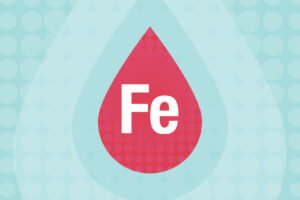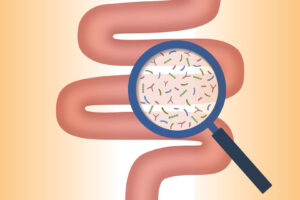When Russell Heulitt learned he needed rotator cuff surgery, he circled an important date on the calendar: a golf trip with friends that was three months away.
Russell, 35, a sports enthusiast from Jackson, had been experiencing pain in his left shoulder for years before he felt a sharp pull in the joint when fixing his daughter’s swing set. A second injury a few weeks later made the pain worse.
“I couldn’t lift my arm above my head,” Russell explains. “We were about to move and I was supposed to start a new job. The timing couldn’t have been worse.”
A friend recommended that he see Michael Greller, MD, MBA, FAAOS, a board-certified, fellowship-trained orthopedist at CentraState. Dr. Greller diagnosed Russell with rotator cuff disease and recommended a new technique that uses collagen to repair it.
“In the past, rotator cuff disease has been treated with a combination of antiinflammatory medication, physical therapy, cortisone injections, and traditional arthroscopic or open surgery,” Dr. Greller explains. “REGENETEN™ is a collagen patch that we implant through minimally invasive arthroscopic surgery to change the course of the disease’s progression so that tendonitis or partial tears don’t progress to full tears.”
Traditional open surgery, which uses anchors and sutures, can damage surrounding healthy tissue and often requires a lengthy recovery. Collagen patches—small stamp-sized implants attached to tendons with absorbable staples—are implanted during minimally invasive arthroscopic surgery using a tiny camera inserted through a small incision. The patch encourages the body to produce its own collagen, and patients experience less pain and a shorter recovery.
Russell received the implant in July 2019 and was home that same night. After three weeks of wearing a brace and icing his shoulder, he began physical therapy, completing stretching and strengthening exercises three times a week.
“I was ready to start moving almost immediately after surgery,” Russell recalls. “I felt a lot better than I thought I would.”
Best of all, Russell was able to join his friends for the golf trip.
“My left shoulder is my good shoulder now,” he laughs. “I regained my confidence and no longer worry about being in pain.”
“If you have shoulder pain, don’t wait until it worsens,” says Dr. Greller. “Early intervention can improve your quality of life.”
Learn more about orthopedic services at CentraState at centrastate.com/orthopedics or 866-CENTRA7 (866-236-8727).





